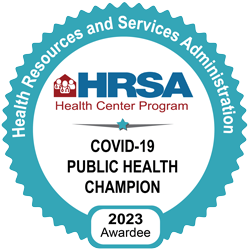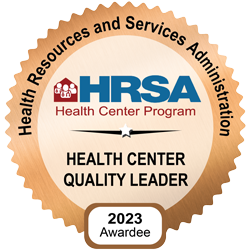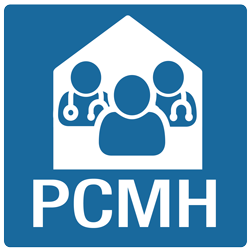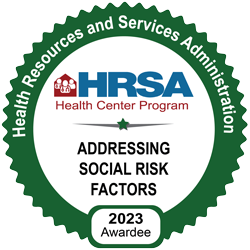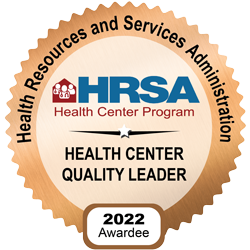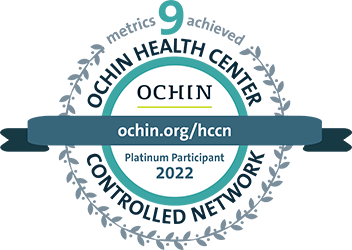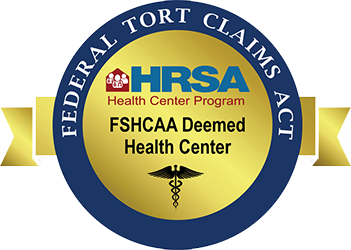Neighborhood Family Practice (NFP) today announced a rebranding campaign that is designed to communicate its expanded services and facilities now available to more residents in Cleveland’s west side neighborhoods. The Federally Qualified Health Center (FQHC) provides primary health services and has added three offices in recent years in response to the Affordable Care Act and Ohio’s expansion of its Medicaid program.
In addition to a new logo and tagline (High Quality, Affordable Care in your Neighborhood), NFP is complementing its traditional grassroots outreach and community engagement efforts with a targeted advertising campaign. It is managed by Time Warner Cable Media and delivered by mostly mobile phone and outdoor advertisements. NFP is confident it can serve more, as it currently cares for roughly 13 percent of a targeted population of 160,000 lower income residents in the 12 zip codes that comprise its service region. Its goal is to scale its care for 21,500 patients in 2017. It served 17,400 patients in 2015; more than 90 percent of whom had commercial insurance or Medicaid.
“We are positioned, staffed and have the operational efficiencies that can enable us to honor our mission through scaling of operations to care for more residents in our service area,”said CEO and President Jean Polster. “Our rebranding is part of a larger campaign that asks our neighbors who have been uninsured to now understand that their access to primary care is possible thanks to Medicaid expansion, and we want them to know that this care can easily be found and accessed in their neighborhoods.”
Operating as a Patient Centered Medical Home, NFP offers every patient a concierge service known as Patient Advocates. This service ensures continuity of care for patients by introducing appropriate social services and helping them capitalize on the benefits of their insurance provider, as well as examining issues that might be compromising their well being, such as behavioral health, dietary and wellness.A sizable return on this service offering is when NFP’s primary care physicians spend more time examining each patient to gain a deeper understanding of his/her medical history and current challenges. This resulting streamlined process for patient care drives better outcomes.
“Effective care coordination can help reduce unnecessary repetition of diagnostics, and help reduce the number of emergency room visits in which a visit to the doctor’s office is more appropriate,” said Polster. “When this happens, our region’s medical service system is more effective for all when in need of care.”




